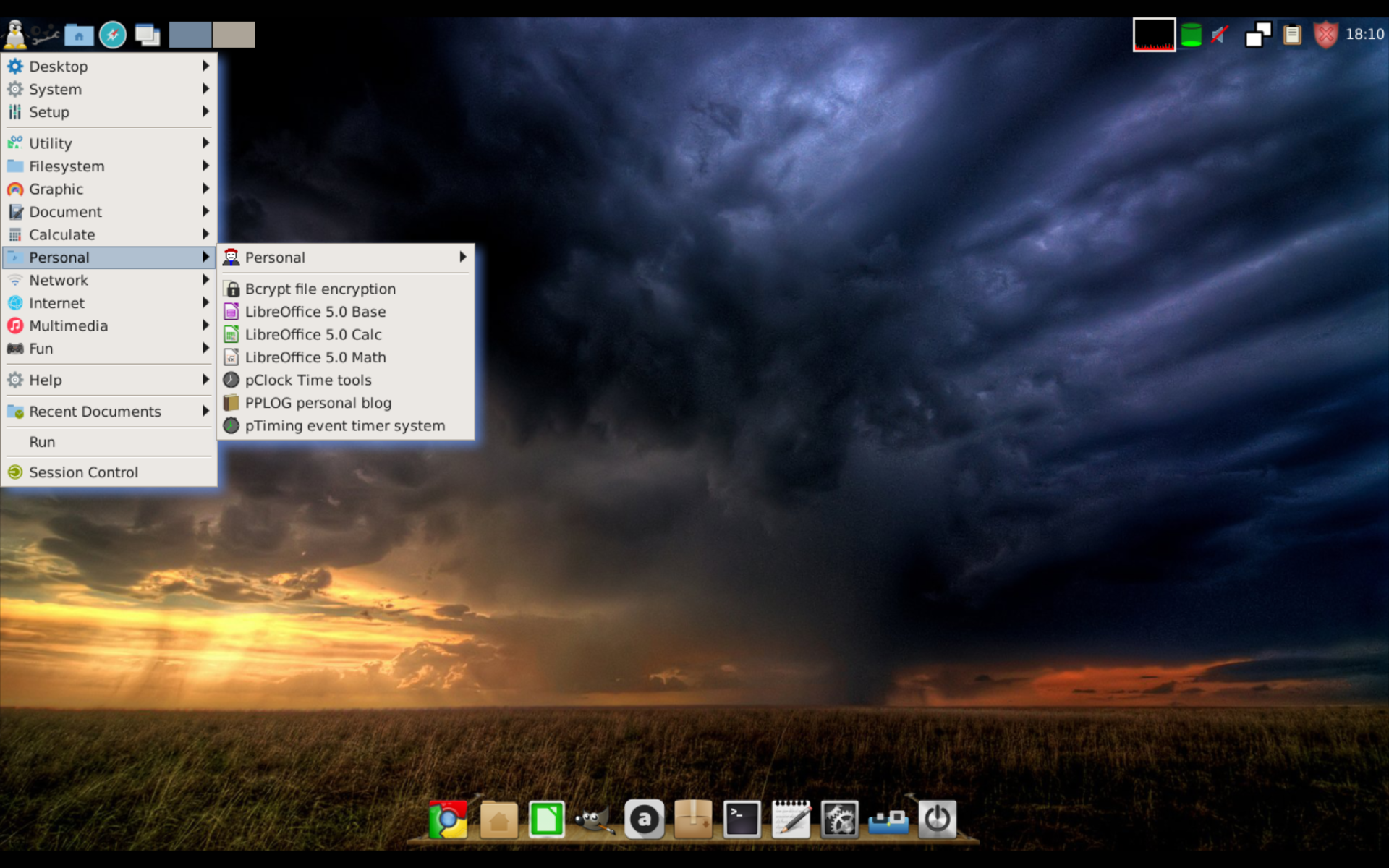

This 2007 Dell has a NON-lightweight version of Linux as its main operating system – Ubuntu 14.04 LTS – and it bogs down completely once a few browser tabs are in action. It’s really something, especially compared to Windows. The old Dell Latitude D830 laptop has only 2GB of RAM – actually quite a bit more than Puppy Linux requires. Very impressive! It is such a small and simple operating system, it can be stored on and boot from a USB flash drive, which then copies the entire operating system into RAM. Many new laptops, including my 2013 HP Envy laptop – do not have CD/DVD drives. UNetbootin – Universal Netboot Installer – allows you to create bootable USB drives for Windows and other Linux distributions without having to burn or use a CD/DVD. It is working nicely I had no problems connecting to wifi then accessing the web. I choose USB device from the boot menu options, then Puppy Linux loads into RAM from the USB flash drive. When I turn the laptop on, the Dell logo appears as the BIOS loads, then I press F12 to interrupt the process and access the boot menu.

#LINUX PUPPY MEDIA CENTER OS ISO#
I used an old version of UNetbootin I installed on the Ubuntu Dell laptop several years ago – to create the live version of Puppy Linux from an ISO I downloaded.

I just installed Puppy Linux on a *very old* circa-2007 Dell Latitude D830 (which happens to be the old Lipscomb University laptop donated to me by my father, Charles Frasier).Īctually, I have not yet installed Puppy Linux on the laptop itself I’m booting from a USB flash drive which contains Puppy Linux. Tonight I have been experimenting with Puppy Linux, one of many so-called “lightweight” Linux distros (distributions – basically, different versions of the Linux operating system) which can run on very old computers with old hardware and very little memory. Experimenting with Puppy Linux, a lightweight Linux distro


 0 kommentar(er)
0 kommentar(er)
